Written by Mattson Tomlin, and directed by Henry Joost and Ariel Schulman, Project Power is a smart and entertaining action-packed sci-fi action that’s more than what it seems. When we think of the word “power” we tend to associate it with physical strength, and in New Orleans, Power is the name of a mysterious new street drug that can either give those who take it unmatched strength or kill them instantly after ingestion.
For 14-year-old dealer Robin (Dominique Fishback), Power is the only means she has to earn money for the medication her chronically ill single mother requires and to put food on the table. As a cop, Frank (Joseph Gordon-Levitt) is fearful of the power the drug has to destroy a city and its people, who are still recovering from the devastation of Hurricane Katrina, and for former soldier Art (Jamie Foxx), the drug is the only clue he has in finding his kidnapped daughter, Tracy (Kyanna Simpson).
The main events of Project Power occur over course of one day and night, with things getting off to a fiery and explosive start when Art has a confrontation with Robin’s supplier and cousin, Newt (Colson Baker), for information on the drug’s makers. Across town, Frank gets caught up in a chase with an invisible bank robber on the streets of downtown New Orleans while Robin heads to school, after inquiring about her mother’s current pain levels.
But what gives the story depth is the way it uses Power — the pill and word itself — as a metaphor for capitalism, medical exploitation, and systemic racism amidst intense chase scenes and kinetic action sequences.
As a Black girl, Robin faces multiple challenges just being who she is. She’s seen as an easy target by the young men she deals Power to. Being the only person present to care for her mother, Robin is under more pressure than the average teenager. The stresses of her home life spill over into her life as a student, affecting her concentration and grades. Instead of her teacher showing concern for a student struggling with school work, he humiliates her in front of the class by questioning her intelligence, barely managing to hide his prejudice when subtly implying that she has no future because of low grades and apparent disinterest during class.
Robin would like to believe that dealing Power, gives her power, and in a sense, it does, but only until she hands it over to her customers. Her first interaction with Art is a possibly traumatic one where he kidnaps her to gain information about the drug. Robin’s confidence swiftly vanishes, reminding audiences that she’s always vulnerable, especially around men.
Besides her mother, the only person Robyn has in her life that offers any kind of support is Frank. Her unlikely friendship with this older white male cop would seem off, especially today where people are marching in protest against acts of police brutality and the murder of Black people.
Thankfully, Frank being a cop isn’t used as a plot device to prop up the institution. It’s more about him being an individual with a genuine love for his city and the people he swore to protect. The two scenes where Frank uses the privilege — his power — his whiteness and profession affords him, are in defense of Robin and her mother, using his body and badge as shields to protect them. This could be seen as “copaganda”, but to me, it isn’t, because of how Frank and Robin’s relationship is portrayed. They’re friends who care for each other, and Frank protecting her is something he would do whether or not he’s a cop.
As a man desperate to find his daughter at any cost, Art is ruthless and resolute to remove anything and anyone who doesn’t give him the answers he wants, and this is understandable. He’s a man who knows what the people who took Tracey are capable of. He’s sympathetic in this way, but where I initially had reservations about him was his first interaction with Robin. He kidnapped her. Seeing her scared and at the mercy of a man more powerful than her was difficult. I thought of how afraid she must be that no one would know what happened to her until it was too late. The worry of what would happen to her mother, who will have to live with the stress of losing her daughter, and a system that doesn’t care when Black girls go missing.
To see Art castigate her for crying, telling Robin she could no longer be considered a child because she sold drugs, made me angry. I thought he was being hypocritical in the way he failed to consider how his treatment could affect her mentally and emotionally while questioning her because he was worried about his own child. I was left with very conflicting feelings because Art does provide Robin with an example of the type of father figure she wished she had in her life. It’s important she sees a father who is doing everything he can for his daughter. He also gives her motivation when he challenges her to freestyle rap verses (written by CHIKA) based on random words he selects.
In an impressive display of her intelligence, Robin spits out verses with the rhythm and flow filled with the passion of someone who believes every word they’re saying. Seeing this gift that she has, Art warns Robin to be wary of a world filled with systems meant to keep Black people down. Anyone who’s heard of Henrietta Lacks, knows of how she was exploited — her DNA stolen and used for research that generated a quantifiable amount of profit for pharmaceutical companies and related business in America and around the globe. Medical racism and capitalism go hand in hand. Black people have been exploited, used to test vaccines against their will and knowledge, even those who signed up to serve their country despite the prejudices they faced from that same country (ever heard of the Tuskagee experiments?) and the creators of Power are doing the same thing.
Art advises Robin to use her words — her real superpower — to fight back, rather than be an accomplice to the very people seeking to destroy her and her people.
As an action and sci-fi, Project Power succeeds. The way in which the fight sequences are shot are visually interesting. There’s one, in particular, that takes place during the second act where the camera’s point-of-view changes from the outside of a soundproof chamber to the inside. There are very interesting visual effects where flashbacks are integrated into the present, such as a truck appearing inside a building, and certain powers displayed, that would be interesting to see in 3D.
Foxx, Fishback, and Gordon-Levitt have great chemistry that shines through and sells the developing friendship between the three. This was especially important as Robin, despite being the youngest, turns out to be the voice of reason when either Art or Frank needs reigning in during the third act when they go after Tracey. Fishback is definitely the star and center of the film. She shines, commanding the screen when sharing scenes with her veteran costars and her mastery of the scenes where she raps is commendable.
If you want to hear more about Fishback and Gordon-Levitt’s take on their characters, check out our recent interview with them conducted by our contributor, Carolyn Hinds.
Project Power is streaming on now Netflix!


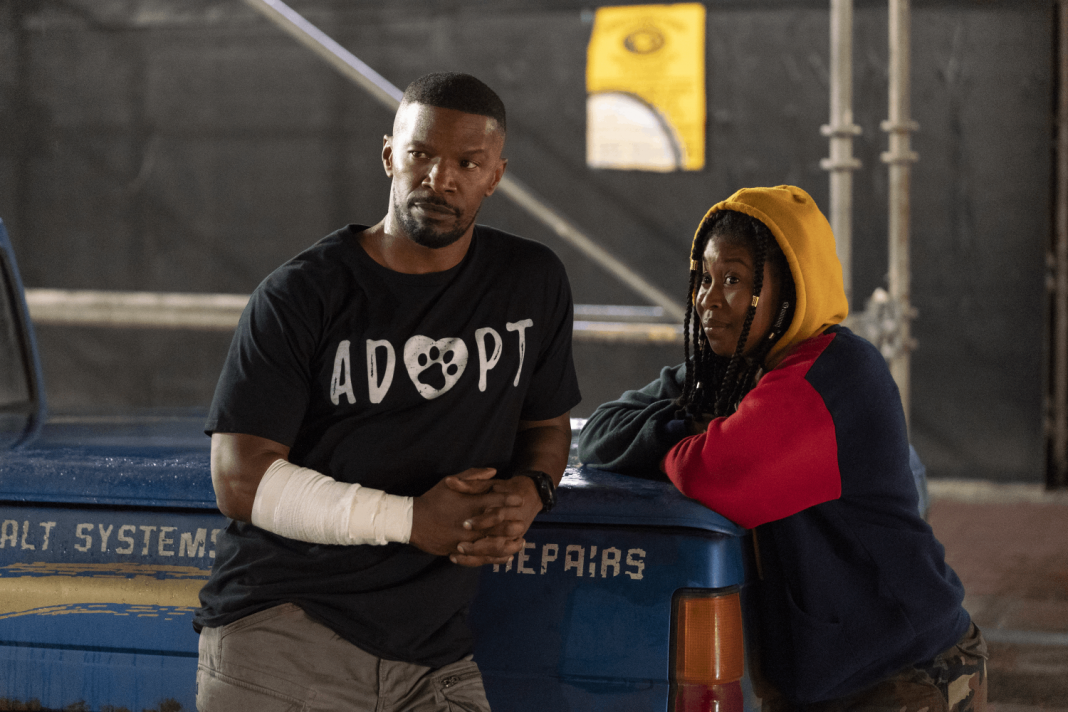
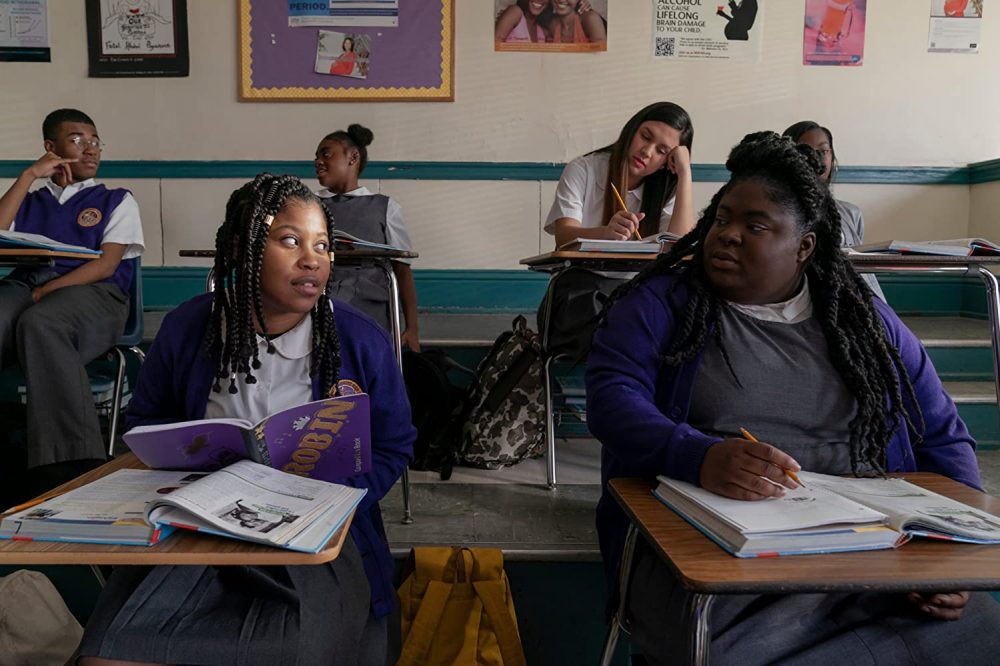
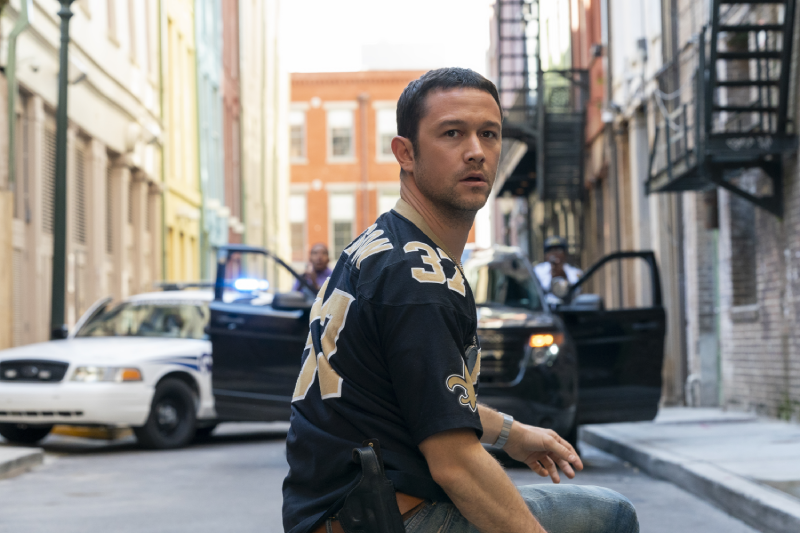
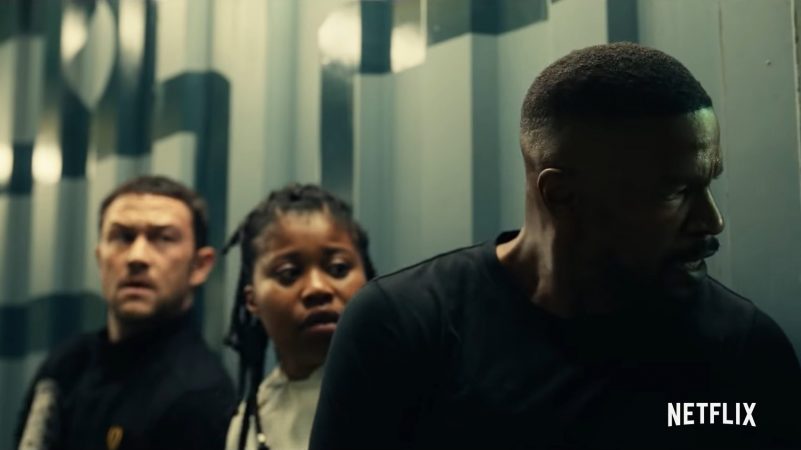
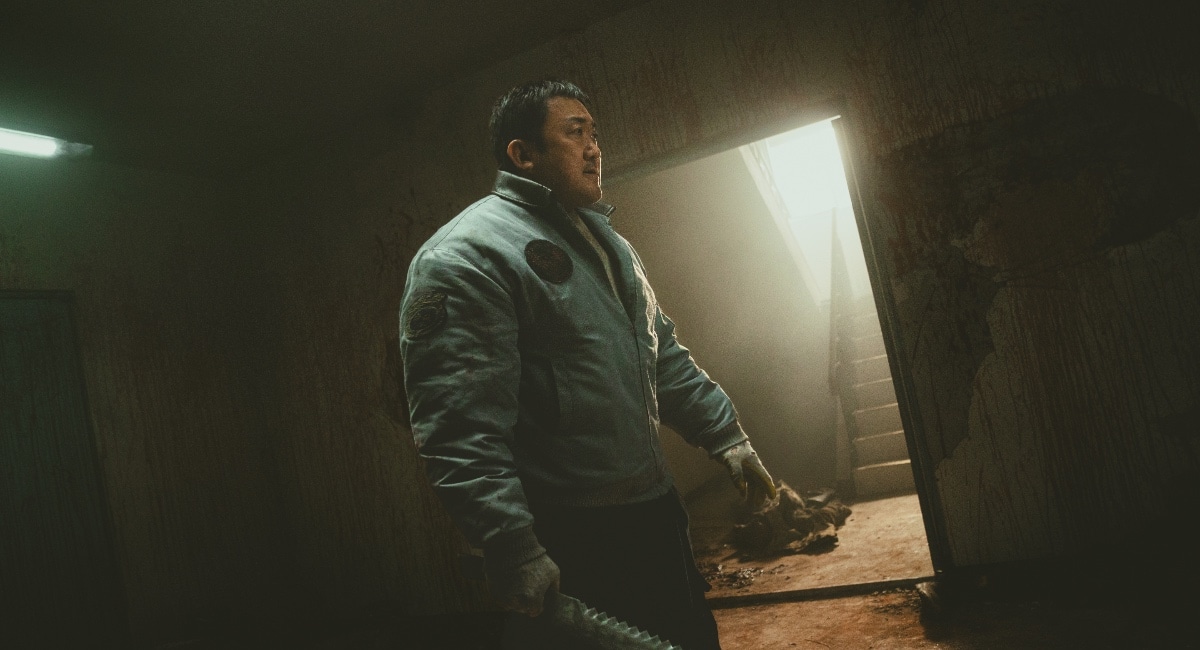
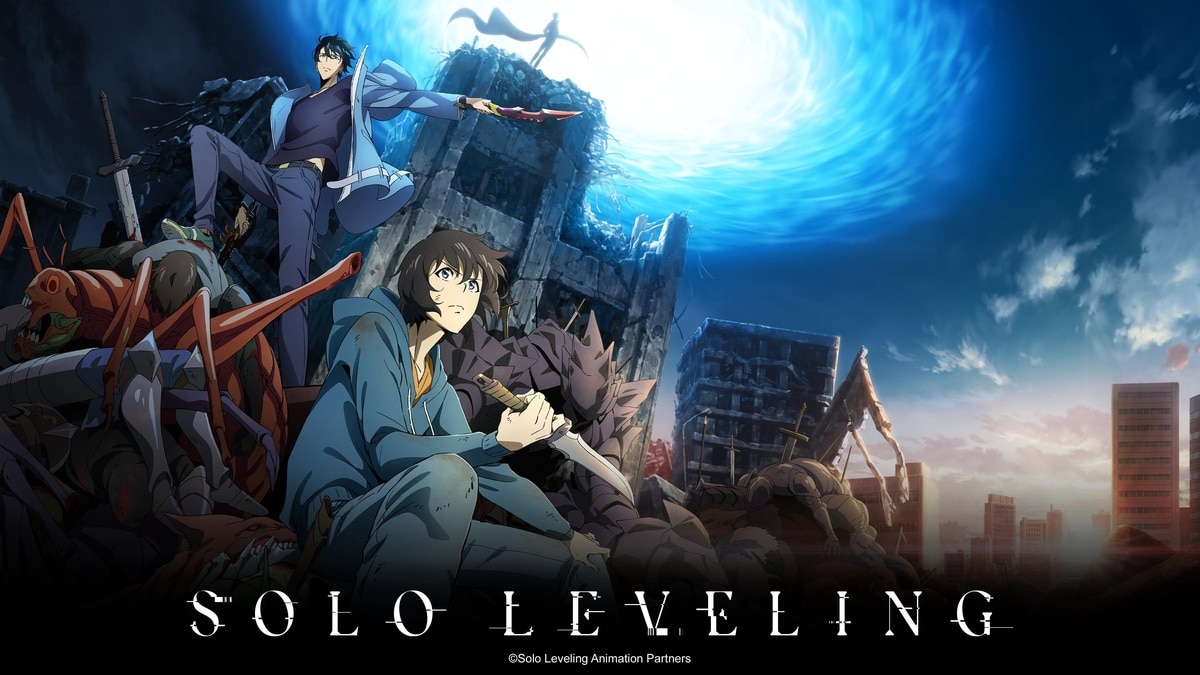



I can now say that the wait was worth it. Netflix has delivered another cool action entertainer called Project Power, with Jamie Foxx, Joseph Gordon-Levitt and Dominique Fishback in the lead roles. Trust me, I started watching the film some time after it was available, and I didn’t realize when time flew by so quickly. There were absolutely no slow parts, and the film was studded with cool action sequences and impressive visual effects.
Comments are closed.